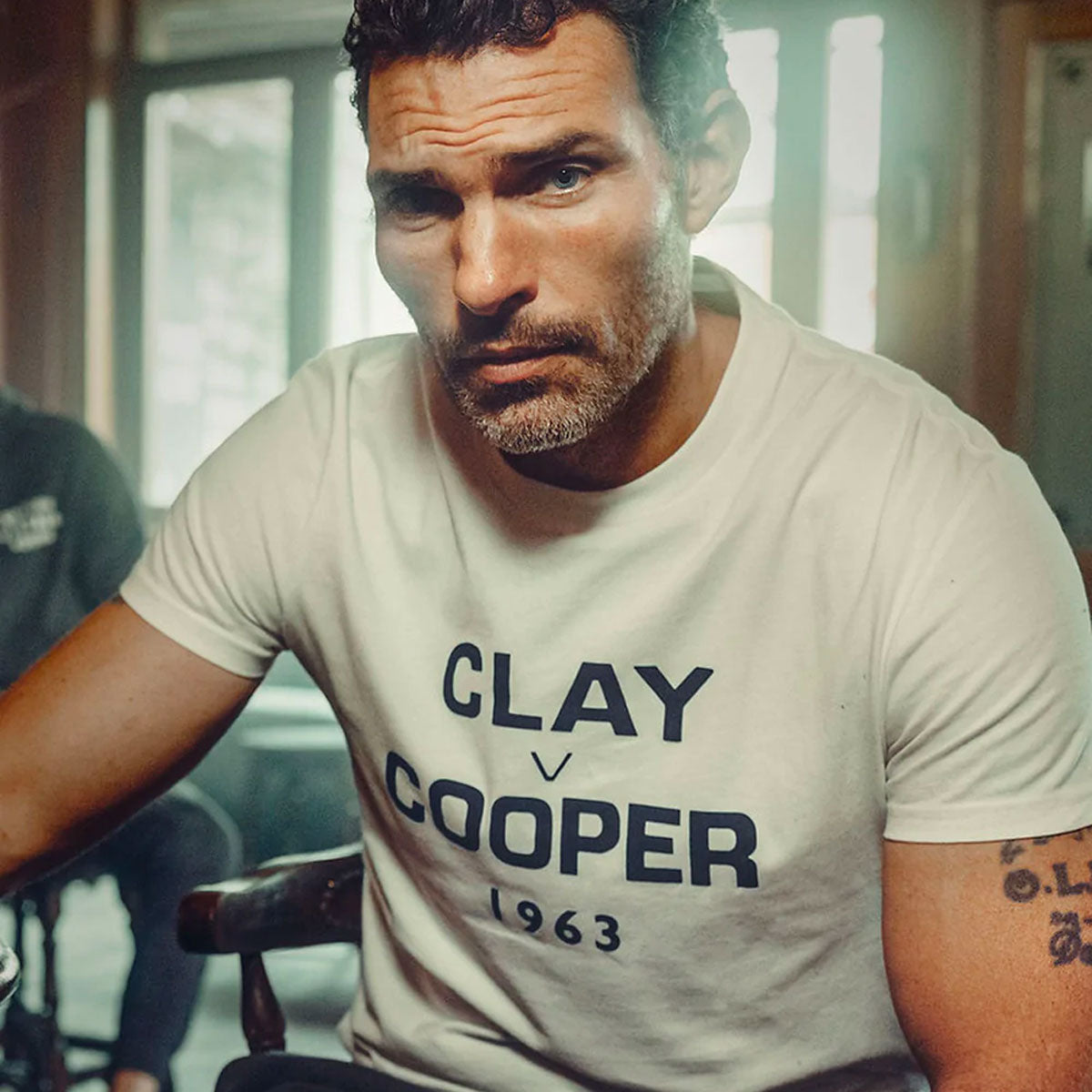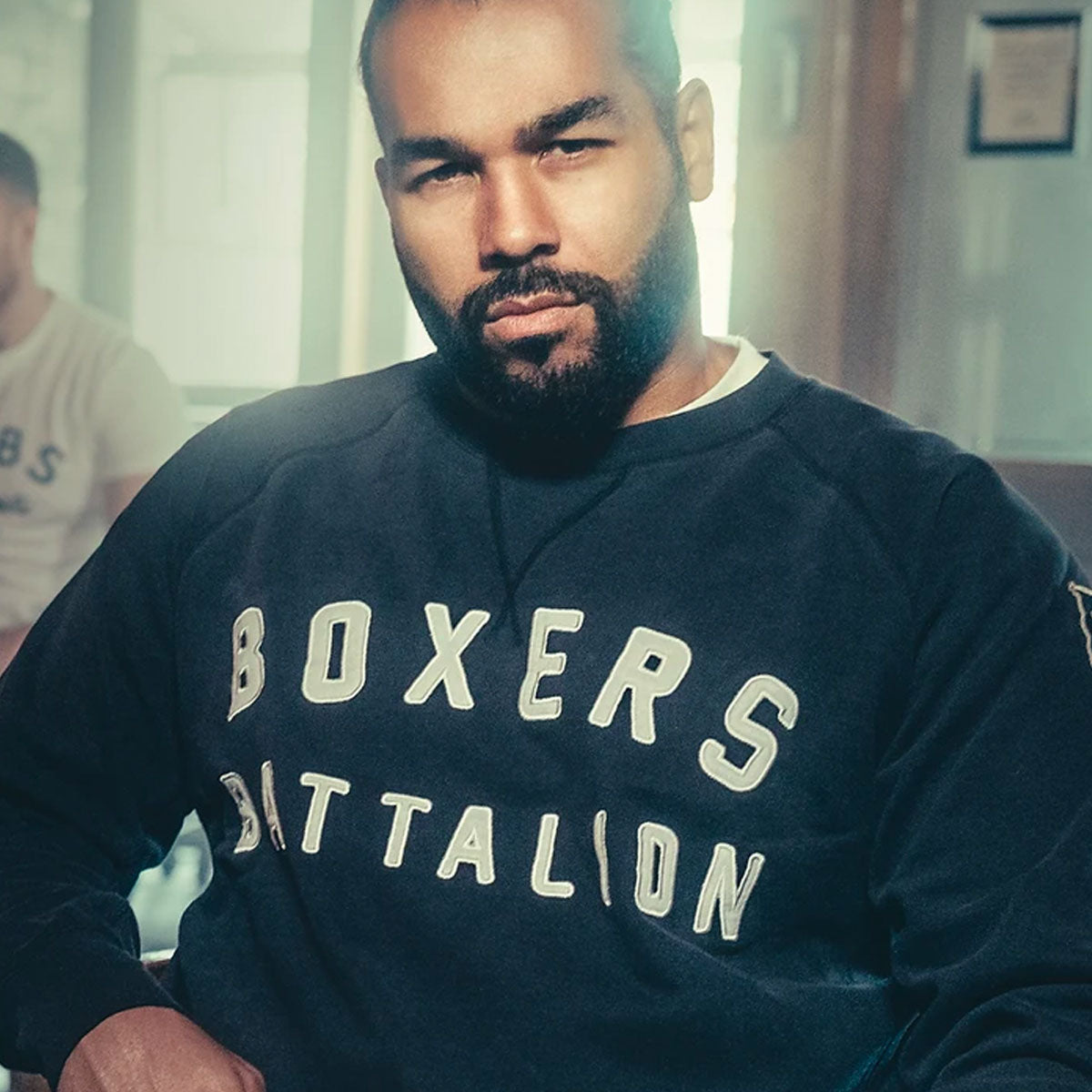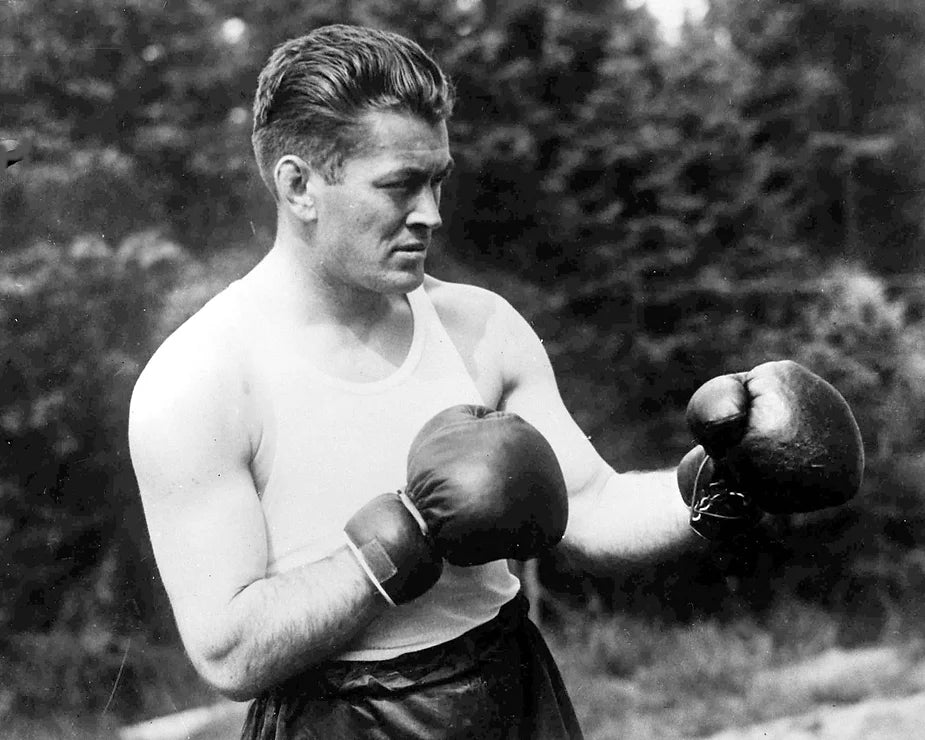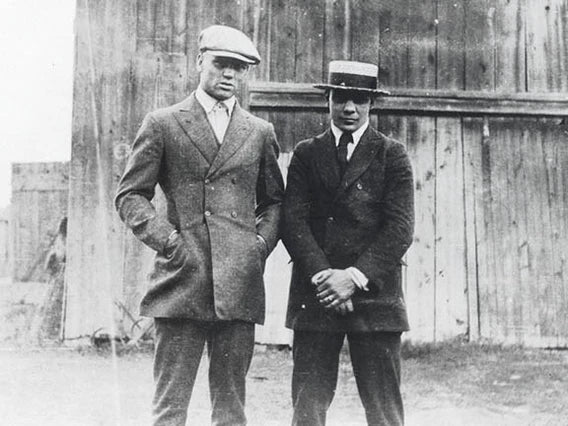By Paul Zanon / Interview with Jamal Akay
“All Stars is not like a gym that you just come in, train and walk out. There’s a lot of structure using African discipline where you have to have respect for your coaches and swearing is never tolerated. I see some gyms where you go in to spar and see people having a pop at the coach. I can’t relate to that. Not only do I have to respect my coach, but I have to earn the respect of my coach. Once I’ve learned the value of respect, then I can have respect myself. That’s something which then sticks with you for the rest of your life, inside and outside of the gym.”
Jamal Akay
Without a doubt, through the vision of the late, great Mr Isola Akay many decades ago, the All Stars Boxing Gym on the Harrow Road has saved lives. Hundreds certainly, thousands, very possibly. The Gym which embodies skill, fitness, discipline and camaraderie continues to serve its community to this very day. British Vintage Boxing (BVB) caught up with Isola’s son, Jamal Akay to shine a torch into a few corners.
Born and raised in Ghana, Isola Akay, or ‘Mr Akay,’ as he was endearingly known by everyone at the gym, had an interesting introduction to boxing. Jamal explained. “This is a crazy story. It’s like a Hollywood movie! He was always a good kid and good student at school. He was smart at maths and studied a lot in general. In his family, his father was a medicine doctor, a healer. His brother, my dad’s uncle was a tailor, but he was also an ex professional boxer, but they never spoke about that in the family and as a result, my dad never knew.

Isola Akay
“Then one day, this uncle took my dad out to an outdoor boxing show, which they had all the time back then. They still do, in fact. They’ll suddenly put a ring in a street in the middle of nowhere and everyone would surround the ring. It was free to watch and it was outdoors. His uncle took him on this day and some guy was in the ring and he didn’t have an opponent. Then an announcement was made, ‘If anyone is in the crowd that can box this guy and wants to fight, put your hand up.’ His uncle put his hand up and my dad was looking at him like he was crazy. He thought, ‘You’re a tailor. You can’t fight. What are you doing?’
“His uncle ended up getting into the ring, battered the guy and walked out. From that moment on, my dad was in awe of him and everyday went to his uncle’s tailor shop after school to secretly learn how to box, because his mum never wanted him to fight. The reason his uncle never spoke about the boxing is because he killed someone in the ring. After that he stopped boxing, put the gloves down and opened the tailor shop. But when he started training my dad – well let’s say the rest is history.
“As an amateur, my dad was fighting for biro pens. They didn’t have trophies or anything like that. If you won, you walked away with a biro. My dad truly fell in love with the sport. At the same time, he still loved his studies and also had a job with Mobil oil company. However, he still had that community outlook to help people out and get people involved, because that’s how he was raised. He started a football team and a boxing club also. He went on to win a national title as an amateur in Ghana and was fighting every few days. We don’t know the number of fights he had, but he always used to say, ‘I had a lot of amateur fights.’ Then he turned professional and had 37 fights [with only three losses], winning a few African titles along the way.”
After leaving Ghana in the 1960’s, Mr Akay headed across the pond to America, then Germany, before arriving and settling in London in 1971. The genesis of All Stars Gym was certainly not a planned move by Mr Akay. Jamal explained. “He had been home training my oldest brother, Tee Jay for a while and then took him to a local boxing club when he was about eight or nine and they fell in love with Tee Jay. He was amazing, stopping everyone. A real force of nature.
“At the time, they didn’t have any black boxers and they were happy to take him on because he was so strong and skilful. After a while Tee Jay came down to the gym with his friends from school and he said, ‘They want to train as well.’ The gym said, ‘Only you can train Tee Jay.’ Basically they were saying, ‘We’ve got enough black kids.’ Tee Jay went home and said, ‘Dad. I don’t want to go back there and box anymore. If they won’t take my friends, I’m not going.’ My dad said, ‘Where else are you going to box then? All the other gyms in London are miles away.’ Tee Jay replied, ‘You’re going to set up a gym. You’re going to train us.’ Dad said, ‘Errr. Okay.’
“The next day, there was about 15 kids on the sixth floor landing of this council estate, outside of his flat, all ready to train. That’s how it started. He was on the landing most days doing boxing sessions for a long time. I don’t remember specifically, but it was a good while. People would be coming out of the elevator and as the doors opened they would be seeing kids on the pads going through techniques. They would then all stop, let everyone pass and then carry on hitting the pads. After the session, my dad and his partner at the time would cook for the kids after and it became a real family.”
From council flat landings to spiritual surroundings. Jamal continued. “All Stars Gym was originally in the Moberly Centre, in 1974. They had a hall and the ring and bags were put up and brought down for every session, until the classes got too big. That’s when we moved in 1983 to the premises we are in now (576 Harrow Road, W10 4NJ). I was in love with the gym. That was my playground. I was always there, soaking up everything.
“My dad taught me so much there, but I also realise he was also able to do that without boxing. He always taught me to be a winner. Every day my dad took me home from school, the last 100 meters would always be a race and the first person to touch the door could say, ‘I won.’ He probably let me win most of the time, but it got me in the habit of saying, ‘I’m a winner.’ Every day we did that.”
The current premises is a former church, boasting ecclesiastical arches, stained glass windows and all the charm you would expect within such surroundings. Jamal explained. “The whole building definitely has its own energy. That’s the first thing that people say and feel when they walk through the doors. The high ceilings, the design. It’s unique.”
That notable first time reaction applied to all walks of life, no matter how famous they were. Jamal recalled the time Iron Mike first graced the All Stars Gym. “That was amazing. He already had a relationship with my family in a sense. My oldest brother Tee Jay was in the Olympics in 1984 in America and lost against Evander Holyfield, who almost won the gold. When he was out there, he saw Tyson. When he came back to London, he said, ‘There’s a kid called Mike Tyson. He didn’t win anything at the Olympics, but watch out for him. He’s going to be heavyweight world champion.’
“So when Tyson came to the gym, he knew who my brother was and even after he’d trained, my brother took him out afterwards. However, as soon as one person knew Tyson was coming down to the gym, it spread like a wildfire down the Harrow Road and there were loads of people waiting outside the gym hoping to see him. It was pandemonium. Despite what Tyson has done in his life and what people say, Tyson showed us a lot of love, especially when he felt at home. The first thing he did when he walked through the door was say, ‘Shit. This a real gym.’ When my dad heard him say that, he said to Tyson, ‘Don’t call my gym shit.’ My dad hated swearing! The biggest thing about him was discipline in that gym. No swearing allowed – and it didn’t matter who you were, you followed the rules. Tyson loved that and that’s why he took to my dad very well. They had a good little bond.”
In addition to Mike Tyson, a long list of boxing royalty has trained at the All Stars Gym, including, Lennox Lewis, Emanuel Steward, Roy Jones Junior and Virgil Hill, to name a few. However, Mr Akay boasted his very own home grown crop on the Harrow Road. Jamal recalled. “I can’t remember all of the champions that came out of here, but I can give you a few names. Tyrone Forbes was our first ABA champion. He was a relentless middleweight who didn’t have a lot of experience. He kept coming up against this army guy and he lost to him three times and then on the fourth time, he stopped him, beat him and won the ABA’s. That was our first ABA champion and since then we’ve had plenty more, male and female. Professional boxing champions – we’ve had Michael Ayres, who was IBO world lightweight champion and then Hussain Osman who won the IBO Intercontinental super middleweight title. We’ve also got Ashley Theophane (former British super lightweight champion and world title challenger). Ashley for me is like a brother from another mother. He started boxing I think at nine years old and has been a part of the gym for as long as I can remember. I remember him from the amateurs up to the professionals. Really nice guy who is always smiling, will chat with everyone, has an iconic laugh you can hear through the walls and inspires many of the kids.”
Ashley Theophane
Possibly the most inspirational figure in Jamal’s life is his late brother, Taju Akay, known as Tee Jay. After representing Ghana at the 1984 Olympics, he turned professional the year after. As a pro he boasted a record of 14-4-1, winning the Southern Area title cruiserweight title in 1986 at the age of 24 in his fifth fight, then eight months later beat Roy Smith to become British cruiserweight champ. Unfortunately, he passed away on 19 May 2006 from a heart attack, at only 44 years of age. Younger brother Jamal warmly reflected. “He was my idol. Growing up he was everything to me. I was always saying to people, ‘Have you seen my brother? He’s a champion. Have you seen the size of him? Have you seen him fight?’ I was always so proud of him and he was always so proud of me also. I think that’s why we were so close. The oldest and the youngest do have that bond because there’s so much of an age gap. Everyone would ask when we were out together, ‘Is that your son?’ and he’d say, ‘No. That’s my little brother,’ and he was very proud of that. Nice memories. 
Tee Jay vs. Roy Smith

Mr Akay and son Tee Jay with the British cruiserweight belt
“When he died, it affected me so much at the time, especially as I was at such an impressionable age. I was only 14. He was a strong force in our family. He was almost like the head of the family. He held the family together a lot and it’s not until they go that you really realise that.
“As a family, we dealt with it in our own ways instead of overly grieving together. That kept us in our shells for a long period until boxing brought me, my dad and my older brother Raman together again. I started fighting and that helped to put a focus for all of us to concentrate again. Give us that focus we needed.
“When I was younger I did Thai boxing. I wanted to be different. I remember Tee Jay taking me for sparring one day and he was in my corner and was treating it as if I was a professional fighter. He was so vested in the session. ‘Try this. Try that. Keep your hands up.’ I’ll always remember that and how proud he was of me. He never really got the chance to see me box though and I think about that a lot to this very day.”
Jamal certainly became a torchbearer of everything Tee Jay and his father believed in. Using the power and discipline of boxing to channel all his energy into a positive output, Jamal boasted an amateur career of 22 wins in 26 fights, reaching the ABA Novices finals and also winning the Haringey Cup on three occasions. However, it was his first outing which left him with the most vivid memories. “In my first amateur fight I envisaged Tee Jay walking beside me and that changed my whole walk to the ring. I imagined he was walking into the ring with me and I had my head held high and chest out. I felt all my nerves drop off from me. I went on to win that fight and win it good.” 
As Jamal was clocking up the silverware, his father was also receiving his fair share of medals, but of a different variety. In the year 2000 he was given an award by the then Prime Minister, Tony Blair, for Active Community Service, then later that year he was awarded the MBE by the queen, in addition to the BBC’s Unsung Hero award. If that wasn’t enough, Mr Akay was a torchbearer for the 2012 Olympics in London. Jamal reflected on his father’s achievements and the impact of his work in the community. “Everyone was very proud of him, but he was always very humble about it. He was a great trainer, but a big reason for that is because he was always saying ‘A trainer should be learning every day.’ He was so humble. On a day to day basis he’d be walking down the street and people would shout out and wave, ‘Hi Mr Akay!’ or drive past and beep the horn and half the time he might not know who they were, but he’d always wave and smile and never be disrespectful. He was very respected in the area and that’s something I try to carry on through my life. There’s a lot of distractions in the area and I have been sucked in at certain points in my life. I’m not going to pretend I was a saint, but the lessons I was taught at a young age started to click at certain points in my life and guided me to where I am now. These are lessons we try to pass on to those who walk through the gym doors now.”
After a successful amateur career, Jamal had his pro debut on 26 October 2018 against Vaidas Balciauskas. The ringside report from MTK gave plaudits to the All Stars native. ‘Debutant Akay showed incredible confidence in his first professional outing, using his height and distance well and even managed a knockdown in the second round. By the end of the contest, his opponent’s face told the story of his relentless attacks and it came as no surprise that Akay gained a 40-35 points victory.’
With a second fight in tow, Jamal was ready to take his professional journey by storm. Unfortunately, he was hit with life’s low blows. “People think I retired, but I didn’t. I’ve been fighting to survive since then. That’s the way I look at it. Other things came into play. I had my second fight booked in on December 14th, but then four days before my fight, my brother Raman Akay passed away, so I couldn’t continue with that fight. Then six months later [on 15 June 2019] my dad passed away. All of that threw me off and I was in grieving mode. Then when I started to hit the training, COVID-19 hit and that impacted me and the gym. It was like hitting hurdle after hurdle. Now we’re coming out of lockdown, hopefully I can get back in the ring again.”
The All Stars Gym has been graced by some huge names within the world of boxing and also from the world of Hollywood, including Daniel Day Lewis when he was preparing for his blockbuster movie, The Boxer, back in the mid 1990’s. However, the most recent photographic shoot to happen on the holy All Stars turf was none other than British Vintage Boxing. Jamal gave his take on how the day went. 
[Top] Charlie Duffield, [Bottom left] Glen Power, [Bottom right] Nuakai Aru
“The tracksuits fit lovely! The day went well. Really smooth. Very professional. Nuakai [Aru] is one of the boxers they use and he actually started off at All Stars Gym, doing Muay Thai. When I was sitting with him, I was thinking, ‘This is crazy. I’ve known him for 20 years!’ I remember him as a kid from when I was training.”
As lockdown dissolves and the doors to All Stars Gym warmly open, Jamal explained the broad spectrum of classes and activities available alongside his brother Muf and a compliment of highly trained staff. “We have the amateur classes which is the main part of the gym, which is for the youth and our competitive fighters. That’s open to everyone. You don’t need to be at any level to join. Beginners to experienced. As long as you’re disciplined and respect the gym, everyone is welcome. Alongside that there’s the fitness classes, but there not general fitness classes though. They still hold that sense of community, giving people confidence and letting them be part of something positive. That’s like a little family also. So many people have come through those gym doors to either box or get fit and many think, ‘It won’t happen.’ Then a month or two later, they’re looking differently, behaving differently, showing confidence in the way they talk and stand. Helping people with their personal development and seeing them grow is very important to us, across all the classes. In addition to our classes, we’re also branching out into different things such as mentoring, where we go into schools and talk to the students. Not just about the boxing and training but talking about life experiences and tough times and how to overcome that adversity in their lives.”
If you live in London and are looking for an old school gym with new age mindsets, this is the place for you. The gym genuinely makes a fundamental difference in society and in people’s lives. Jamal encapsulated the ethos of the iconic premises. “The doors are open to everyone in the community. It’s a pillar for anybody who wants to be a part of this family and we are here to break down boundaries and make everyone feel welcome. Without it, I feel a lot of people’s lives, including myself would be in despair. It’s been a safe haven for a lot of people and will continue to be.”
Click here for further details of the All Stars Gym http://www.allstars-gym.co.uk/
Paul Zanon, has had nine books published, with almost all of them reaching the No1 Bestselling spot in their respective categories on Amazon. He has co-hosted boxing shows on Talk Sport, been a pundit on London Live, Boxnation and has contributed to a number of boxing publications, including, Boxing Monthly, The Ring, Daily Sport, Boxing News, Boxing Social, amongst other publications.

